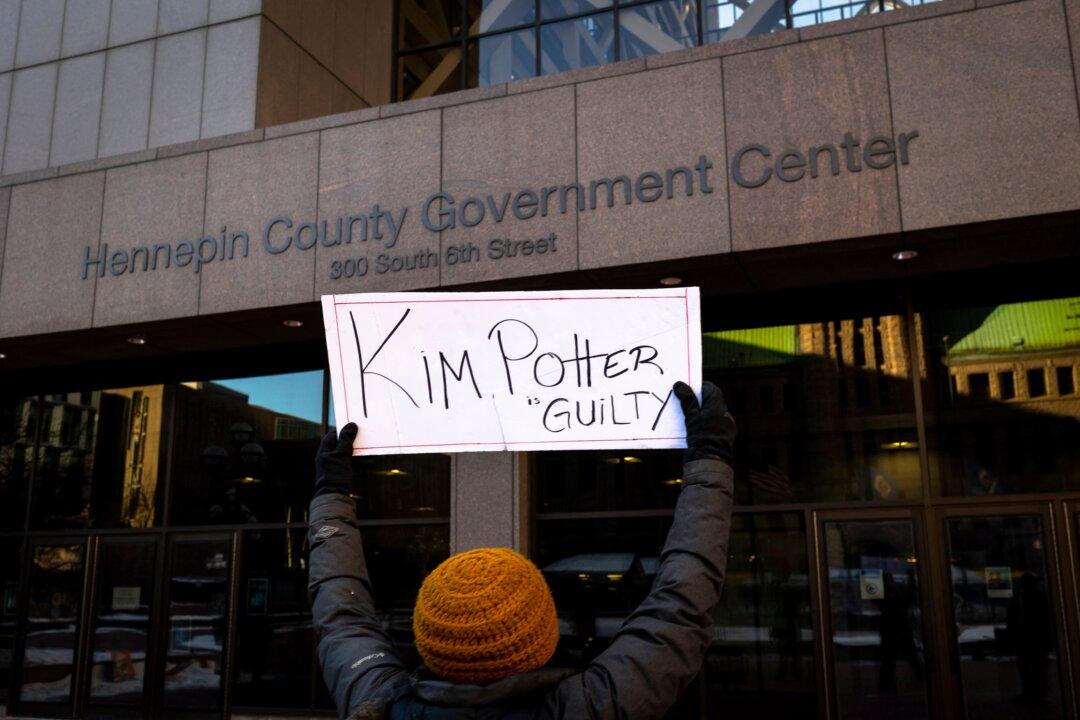Commentary
Throughout the history of modern nations, most fair-minded people have agreed that equal treatment under the law is a categorical imperative for a just society.

Throughout the history of modern nations, most fair-minded people have agreed that equal treatment under the law is a categorical imperative for a just society.